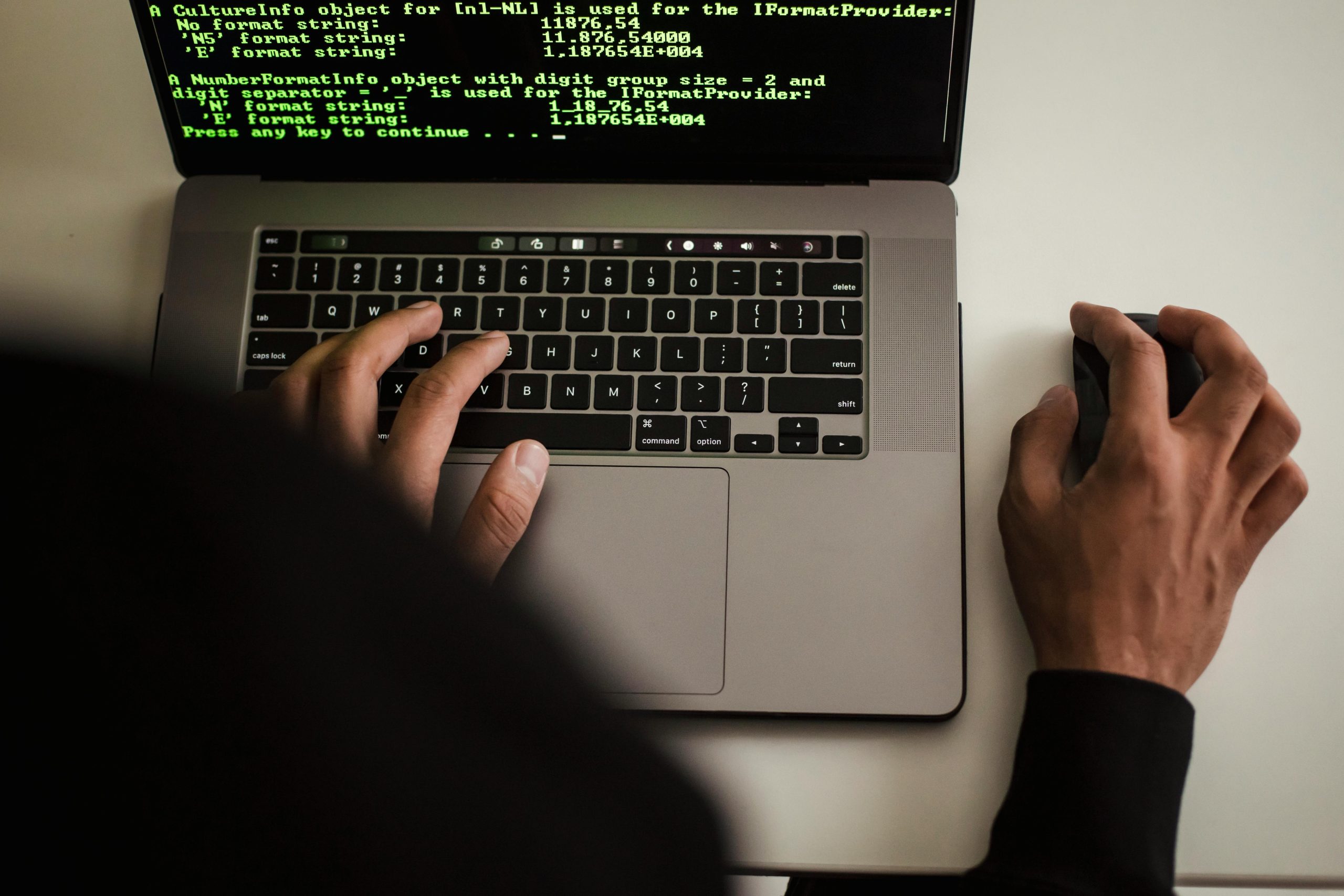Social media has become an integral part of modern society, shaping communication, information sharing, and social interactions on a global scale. In recent years, educators and students have begun to recognize the potential of social media as a powerful tool for learning, collaboration, and engagement. By leveraging social media platforms effectively, educators can enhance teaching practices, facilitate meaningful interactions, and create dynamic learning experiences for students.
- Facilitating Communication and Collaboration
One of the primary benefits of social media in education is its ability to facilitate communication and collaboration among students, educators, and experts from diverse backgrounds. Platforms such as Twitter, Facebook, and LinkedIn enable users to connect, share ideas, and engage in discussions on various topics related to education, fostering a sense of community and collective learning. Educators can create dedicated groups or pages on social media platforms to share resources, post announcements, and facilitate discussions outside of the classroom. These online communities serve as valuable supplements to traditional learning environments, providing students with opportunities to collaborate, exchange perspectives, and seek support from peers and instructors. - Enhancing Information Sharing and Access to Resources
Social media platforms serve as vast repositories of information, resources, and educational content that can enrich teaching and learning experiences. Educators can curate and share articles, videos, infographics, and other multimedia materials relevant to their subject areas, providing students with additional learning resources and perspectives beyond the classroom curriculum. Similarly, students can use social media to access educational content, research articles, tutorials, and study guides shared by educators and peers. Platforms like YouTube, Instagram, and TikTok offer a wealth of educational content in various formats, making learning more accessible and engaging for diverse learners. - Promoting Digital Literacy and Critical Thinking
Engaging with social media in an educational context encourages the development of digital literacy skills and critical thinking abilities among students. As students navigate online discussions, evaluate sources of information, and participate in collaborative projects, they learn to discern credible information from misinformation, analyze different viewpoints, and construct well-informed arguments. Educators can incorporate social media assignments, such as fact-checking exercises, online debates, and multimedia presentations, into their curriculum to promote digital literacy and critical thinking skills. By encouraging students to engage thoughtfully with social media content, educators empower them to become informed, responsible digital citizens in an increasingly interconnected world. - Fostering Real-World Connections and Experiences
Social media provides students with opportunities to connect with experts, professionals, and organizations in their field of study, bridging the gap between classroom learning and real-world experiences. Platforms like LinkedIn allow students to network with industry professionals, seek
mentorship, and explore internship or job opportunities in their desired career paths. Educators can invite guest speakers, industry professionals, or alumni to participate in online discussions, webinars, or Q&A sessions on social media platforms, exposing students to diverse perspectives and insights from practitioners in the field. These interactions enrich the learning
experience and help students understand the practical applications of their academic knowledge. - Cultivating Creativity and Self-Expression
Social media platforms provide students with creative outlets for self-expression, storytelling, and content creation. Platforms like Instagram, Pinterest, and Tumblr enable users to share visual content, artwork, photography, and multimedia projects, allowing students to showcase
their talents, interests, and unique perspectives to a wider audience.
Educators can incorporate social media-based assignments, such as photo essays, digital storytelling projects, or multimedia presentations, to encourage students to explore different modes of expression and communicate complex ideas effectively. By embracing creativity and self-expression through social media, students can develop valuable communication skills and showcase their learning in innovative ways. - Addressing Challenges and Concerns
While social media offers numerous benefits for education, it also presents challenges and concerns that educators must address proactively. These include issues such as privacy and security risks, digital distractions, cyberbullying, and the spread of misinformation. Educators should educate students about responsible social media use, digital citizenship, and
online safety practices to mitigate these risks and promote positive online behavior. Establishing clear guidelines, boundaries, and expectations for social media use in educational settings can help create a safe and respectful online learning environment for all participants.
Conclusively, Social media has the potential to transform education by facilitating communication and collaboration, enhancing information sharing and access to resources, promoting digital literacy and critical thinking, fostering real-world connections and experiences, cultivating creativity and self-expression, and addressing challenges and concerns. By leveraging social media platforms effectively, educators can create dynamic learning environments that engage students, foster collaboration, and prepare them for success in an increasingly digital and interconnected world. As social media continues to evolve, educators must adapt their teaching practices to harness its full potential and maximize its benefits for teaching and learning.





